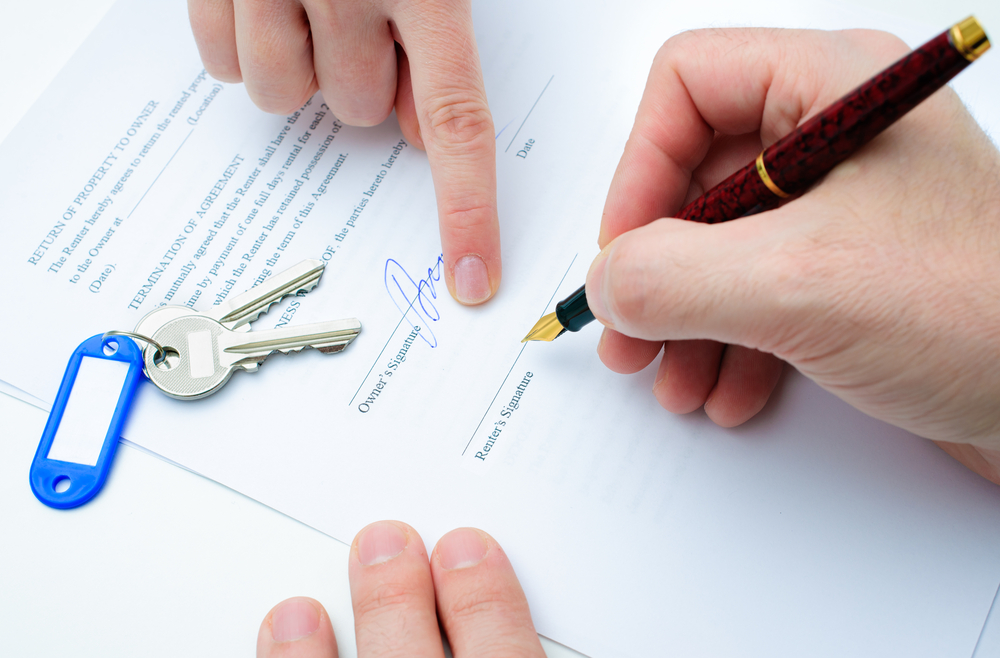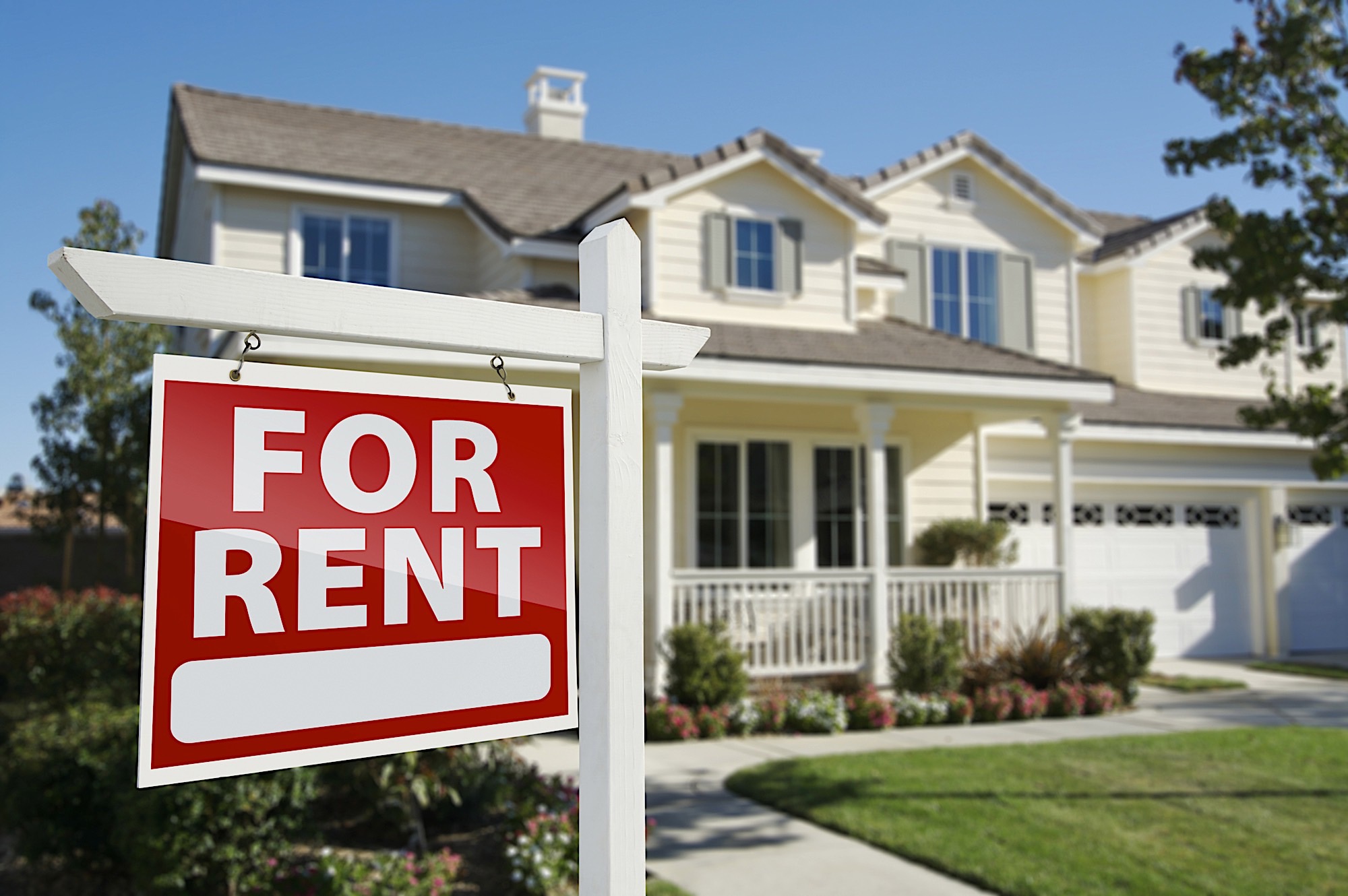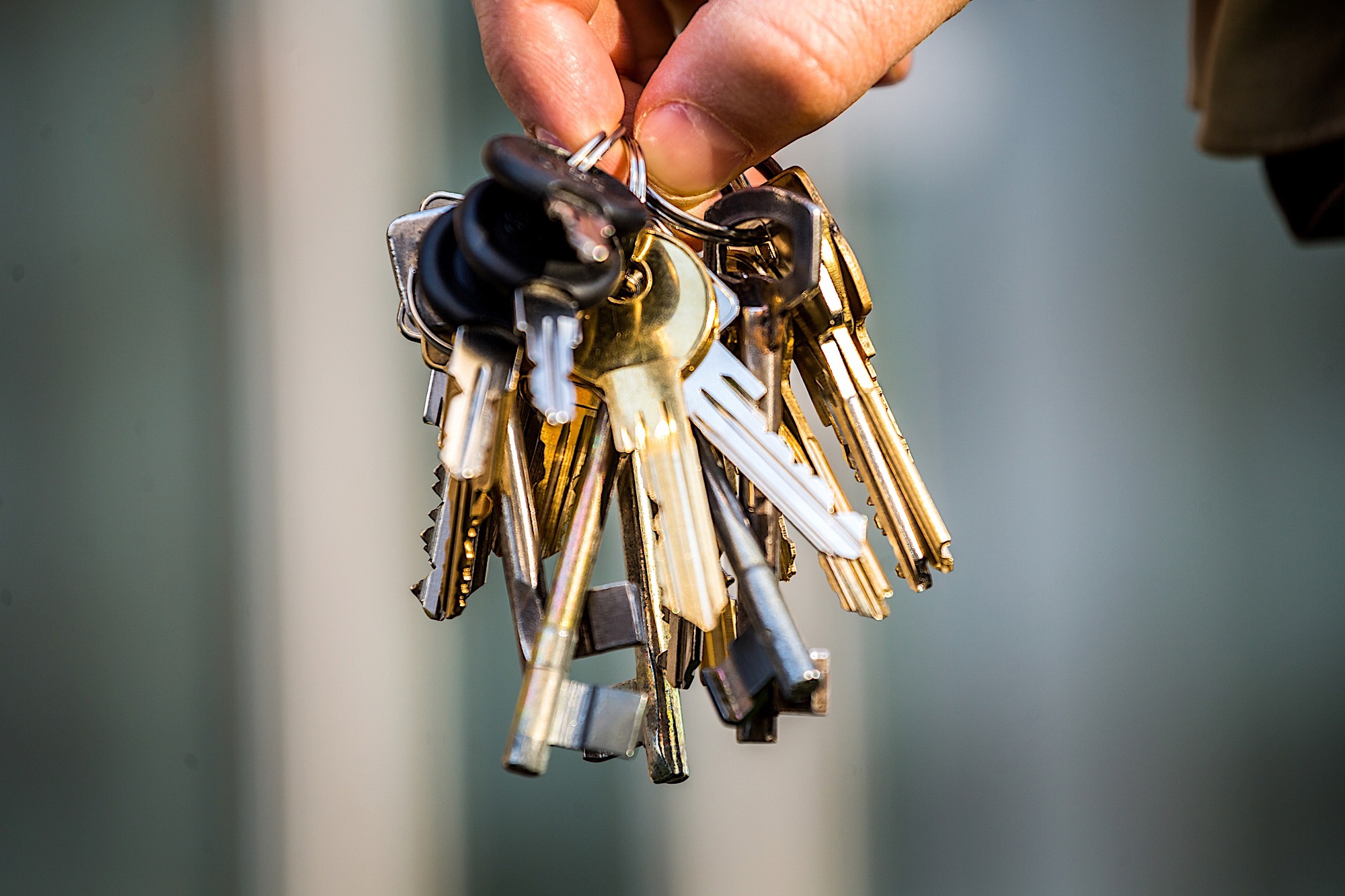There are problems with almost every rental property. Most of these in minor in nature but they have to be dealt with nonetheless. How you handle these problems when they arise will go a long in determining your bottom line. Like other areas of your investing business it is always better to be proactive than reactive. If you can get out in front of an issue you will minimize the damage. If you are forced to react you either make the problem worse or spending much more money than you have to. Here are five areas every rental property owner should get in front of now before it is too late.
- Finding Tenants. It is important to keep the tenant cycle constantly moving. Without monthly rent checks coming in nothing else makes a difference. As you hit the 90 day point until the end of the lease you should ask your existing tenant if they have any interest in staying in the property. If they don’t have an answer you should give them until the 60 day mark to decide. Assuming they don’t want to renew you need to start your tenant search as soon as possible. In some respects 60 days is a long time to find a tenant but in others it may not be long enough. You never want to have to settle on a tenant. By giving yourself enough time you can choose the best possible candidate. Give yourself multiple marketing streams and always start your search before you think you need to. Finding the right tenant is the most important thing you will do for your property.
- Preventative Maintenance. If you take care of your rental property it will take care of you. While that is certainly an awful cliché it is also true. Before the start of a new season you should walk your property and see which items should be updated. Cleaning the furnace or oil tank before every winter will extend their useful lives. The same is the case with the central air and major appliances. Some landlords will balk at this expense but it makes sense in the long run. Paying a hundred dollars or so every year to keep the furnace clean will save you thousands of dollars if it breaks. It will also help keep it running efficiently so you don’t have to pay for minor repairs every few months. Your tenants will also feel the benefit in the way of reduced heating and electric bills. Even if you have the best tenants they cannot control unexpected maintenance. Take care of these issues as they are still minor before they turn into expensive, business changing ones.
- Contacts. Do you have someone you can call if the dishwasher overflows? How about if they toilet clogs? The more people you have at the ready the easier it is to deal with whatever comes your way. Just like finding tenants you never want to scramble to find help at the 11th hour. You should look to build your contact base even if times when you are slow. Keep a database of electricians, plumbers, locksmiths, painters and general handymen. Ask about pricing and availability before you need them. Even if they can’t answer specifics you can get an idea of how they may fit for you. The most important question is how much notice they would need if there is a job. If they are booked solid for the next year they probably won’t be of much help to you. Constantly update this list and reach out to them from time to time. You never know when you will need them.
- Reserves. Preventative maintenance will help extend the life of certain items but it won’t help turn back the clock. Some items will eventually stop working. Do you have reserves in place if this happens? A rental property cannot function in the winter without the furnace much longer than 24 hours. Even smaller items like the dishwasher, stove and washing machine need to be treated with a sense of urgency. You may be able to get past these items with credit but how about a vacancy? No landlord ever expects their tenant to stop paying but it happens from time to time. If it does you will need reserves to compensate for the lost rent received. You also need money to handle the eviction and keep your mortgage paid on time. There are several times when you will dip into your rental rainy day fund. Without it in place years of hard work can be erased in a matter of months.
- Insurance/Lease. When an unexpected issue occurs it is too late to protect yourself. With every new lease you need to take a look at your insurance and lease. The goal with these items is to make sure you are protected in the case of emergency or the unexpected happens. Do you know how much you are covered for if a fire happens? How about if a tenant causes more damage than the security deposit? There can be literally dozens of scenarios that you think will never happen but if they do can wipe you out. Take your existing lease to an attorney for review. Make any changes that you see fit even if they may cause a tenant to ask questions. Do the same with your insurance. Even if your monthly payment increases a few bucks it will be worth it down the road.
Rental property success often comes to those who are the most prepared. If you own a rental property you would be wise to consider these five items today.






